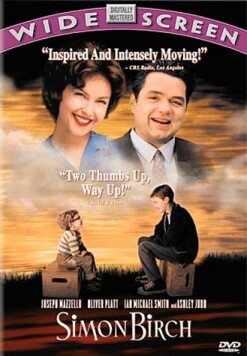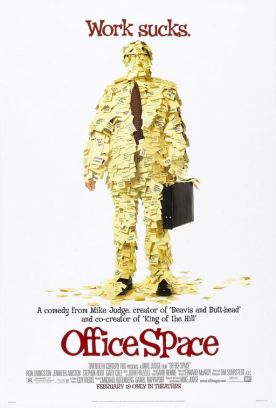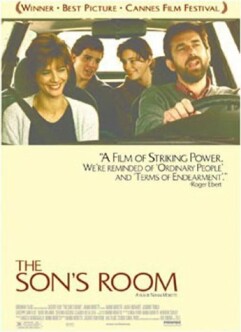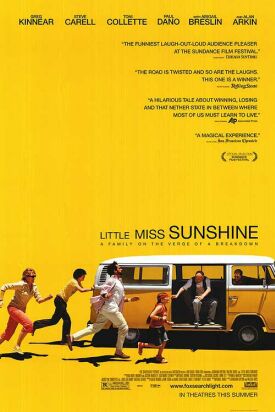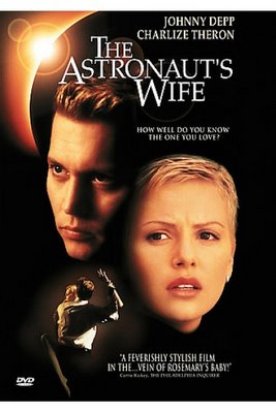Simon Birch
Simon Birch, written and directed by Mark Steven Johnson with a
“suggested by” credit to John Irving for A Prayer for Owen Meany, is one
of those self-consciously uplifting films, like The Spitfire Grill or Fried Green Tomatoes, that leave one feeling manipulated and disgusted. Like them it has been conceived and designed and put
together and marketed for one purpose and one purpose only, and that is to produce a certain
emotion in us, the audience. The characters and the story, that is, are made
subservient to the desired effect, and that is something which is always aesthetically fatal.
Characters and story should come first. If the filmmaker has done a good job of
making them look real, the right emotional effects will arise naturally out of
them.
Making the hero of the movie a mentally precocious sufferer from congenital
dwarfism is only the first clue as to what the author is trying to do. It is
like introducing Nazis, or hooded members of the KKK or TV images of the Kennedy
assassination. Such things carry with them their own pre-packaged emotional response and are certain tip-offs to the viewer that his feelings towards anything they are associated with are being manipulated. The dwarf in this case is the eponymous Simon
(Ian Michael Smith), whose parents dislike and are ashamed of him, so that he
spends all his time with his best friend, Joe Wenteworth (Joseph Mazzello). Joe
and his sexy single mom, Rebecca (Ashley Judd) are the only people in the world
who really care for him. This is because they, too, know what it is like to be
outsiders in their little town in Maine. Mom has never revealed the secret of
Joe’s paternity, and townsfolk frequently greet him as “the Wenteworth
bastard.”
Well, it is supposed to be 1964, but this is clearly the second large clue to
the manipulations to come. Then you have the fact that the social life of the
town seems to be dominated by a bunch of stuffy old churchgoers and a hysterical
old maid of a Sunday School teacher (Jan Hooks) and a dry old stick of a vicar
(David Strathairn) and that Simon is always mouthing off to the vicar, which is
the kind of thing that Hollywood people always think is charming. “What do
coffee and donuts have to do with God?” the little brat calls out at the end of
the service one Sunday as the vicar is making his announcements. Then, aware of
the titters around him, Simon calls further attention to himself by saying: “If
God has made the church bake sale a priority, then I’d say we’re all in a lot of
trouble.”
Ha ha. What a wit. Later, when he makes one of his many references to belief
in his own special purpose in God’s creation, the Sunday School teacher
reprimands him: “Telling the other children that [God] has a plan for you? What kind of nonsense is that?” Well, needless to say,
plucky little Simon shows her, and Joe and everybody else that even a little guy
like him does have a special purpose, though not before there has been a
particularly poignant death (another clue!), a comic fiasco of a Christmas
pageant brought on by Simon’s sexual awakening and the discovery of the secret
of Joe’s paternity. In the framing device, Jim Carrey appears in a cameo as the
grown up Joe, telling us in voiceover that “What faith I have I owe to Simon
Birch.” Unfortunately, not many viewers will feel the same way. It’s too easy to
tell that the game is rigged.
Discover more from James Bowman
Subscribe to get the latest posts to your email.

